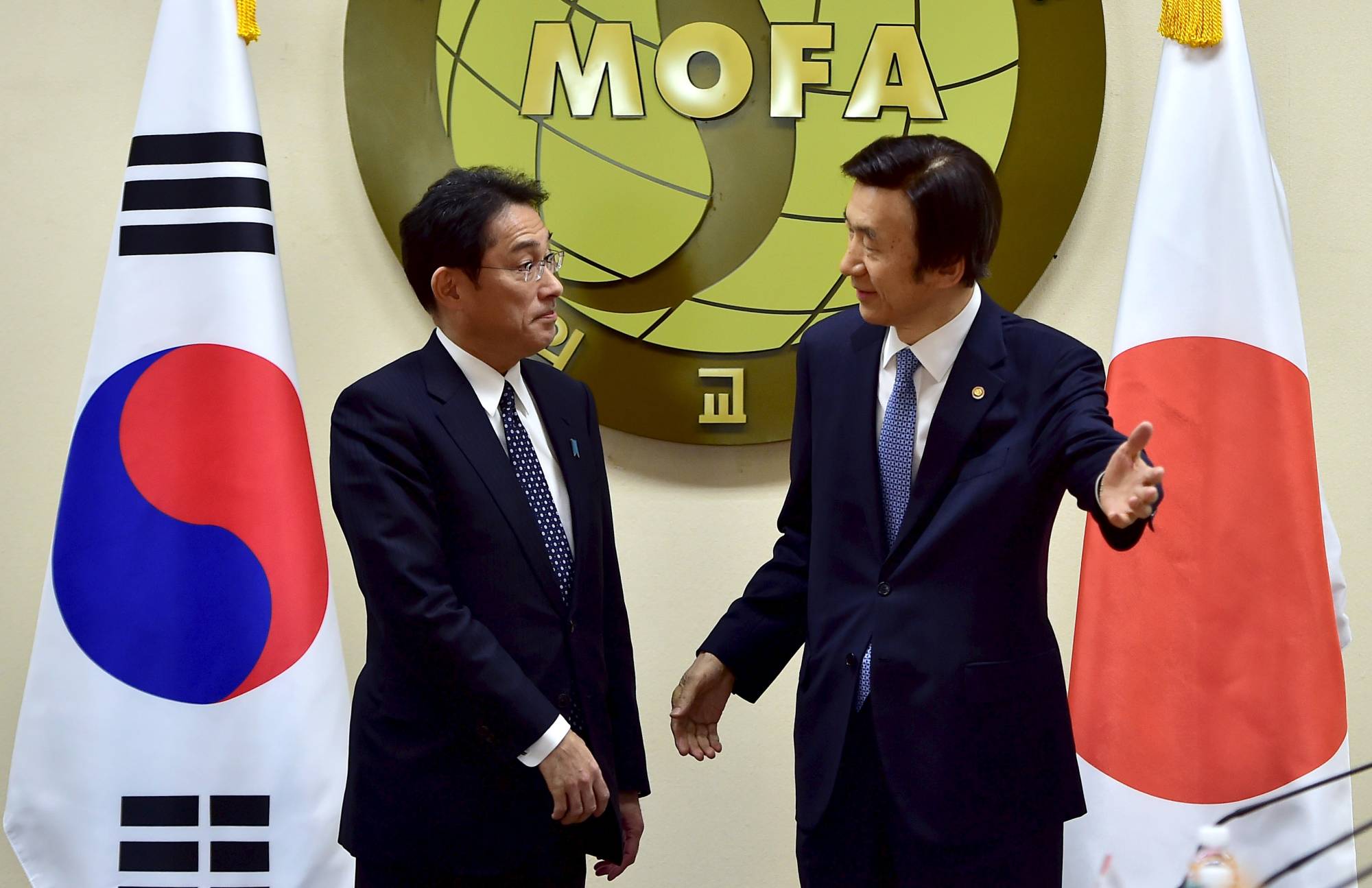The government of South Korea has decided that the future is more important than the past — and offered Japan a settlement of one of the long-standing disputes that poisons their relationship, wartime labor.
The administration of Prime Minister Fumio Kishida has applauded the proposal and appears ready to join President Yoon Suk-yeol and build a partnership that helps both countries.
The agreement is welcome. Unfortunately, there are reasons to fear that it could be short lived, given the pendulum-like swings of South Korean politics. That risk is real — making it Japan’s responsibility to do all it can to convince the people of South Korea that it too is committed to building a forward-looking relationship and will create the goodwill needed to insulate the deal from those domestic political pressures.
















With your current subscription plan you can comment on stories. However, before writing your first comment, please create a display name in the Profile section of your subscriber account page.